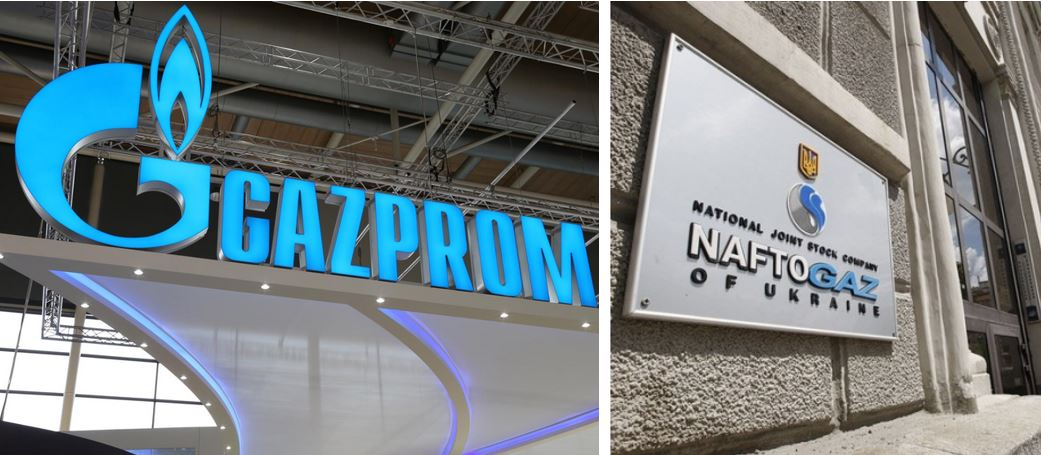The Way Forward after the Gazprom-Naftogaz Stockholm Arbitration Awards: the View from Naftogaz

Practical information
The Gazprom-Naftogaz arbitration procedure totalling around USD 125 billion in mutual claims at the Arbitration Institute of the Stockholm Chamber of Commerce has finally come to an end following two awards from December 2017 and February 2018. Naftogaz has won a net USD 2.56 billion, the take or pay level has been reduced, the gas price formula changed, ship or pay levels for the transit confirmed and the gas transit tariff formula has been maintained. The award has important implications for Naftogaz, Ukraine’s gas market reforms, Gazprom, the security of Russian gas supplies to Europe and the future of European gas markets. This event aims at listening to Naftogaz’s analysis of the awards and their implications, understanding its way forward in terms of implementing the arbitral awards, pursuing corporate restructuring and overall, gas sector reforms and ensuring reliable and competitive gas transmission operations post 2020 and in the longer term.
A preliminary assessment of the awards and their implications for Gazprom and Naftogaz by Ifri’s Centre for Energy can be found here: The Gazprom-Naftogaz Stockholm Arbitration Awards: Time for Settlements and Responsible Behaviour

15:00-15:10 : Introduction: Marc-Antoine Eyl-Mazzega, Director, Ifri Centre for Energy
15:10-15:40 - Naftogaz's Views: Andriy Kobolyev, CEO, Naftogaz
15:40-16:30 - Questions & Answers
Concluding Remarks: Bruno Lescoeur, Independent Membrer of the Supervisory Board, Naftogaz
Related Subjects
Other events

EV Supply Chains for Japan and Europe: Strengthening Economic Security
Economic security aims to ensure the resilience of supply chains for key industries: the case of electric vehicle production in Japan and Europe will be discussed.

From Ambition to Action: Exploring Technological Partnerships with India
The 16th EU-India Summit, held on January 27th in New Delhi with European leaders António Costa, Ursula von der Leyen, and Prime Minister Narendra Modi, marks a significant milestone in deepening EU-India relations. At the same time, official bilateral visits from EU member states are on the rise, including that of the French President, who visited India in February to participate in the Artificial Intelligence Summit. As India asserts its technological ambitions and seeks to reduce its dependence on China, Europe is stepping up its efforts to diversify its strategic partnerships.






